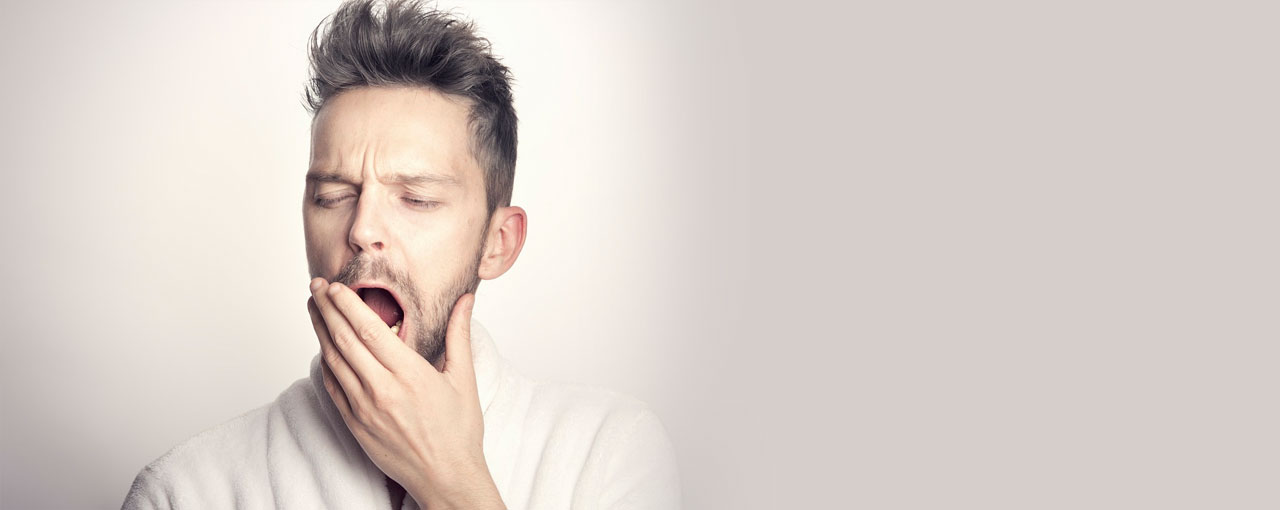
Though virtually all women experience menopause, it has remained taboo for many women. Hormonal changes during menopause typically bring unpleasant symptoms, but relatively few women talk about or address their menopause symptoms. On average, most symptoms last around 4 years from your last period. However, around 1 in every 10 women experience them for up to 12 years.
Common menopausal symptoms
About 8 in every 10 women will have additional symptoms for some time before and after their periods stop.
These can have a significant impact on daily life for some women.
- Common symptoms include:
- Hot flushes – short, sudden feelings of heat, usually in the face, neck and chest, which can make your skin red and sweaty
- Night Sweats – hot flushes that occur at night
- Difficulty in sleeping -this may make you feel tired and irritable during the day
- A reduced sex drive (libido)
- Problems with memory and concentration
- Vaginal dryness and pain, itching or discomfort during sex
- Headaches
- mood changes, such as low mood or anxiety
- Palpitations - heartbeats that suddenly become more noticeable
- joint stiffness, aches and pains
- reduced muscle mass
- recurrent urinary tract infections (UTIs)
Practical suggestions for coping with hot flashes include:
- Dress in layers, so that you can remove clothing when a hot flash starts.
- Avoid foods and beverages that may cause hot flashes, like spicy foods, alcohol, coffee, tea, and other hot beverages.
- Drink a glass of cold water or fruit juice when a hot flash starts.
- Reduce your stress level. Stress may worsen hot flashes.
- Keep a thermos of ice water or an ice pack next to your bed during the night.
- Use cotton sheets, lingerie, and clothing that allow your skin to breathe.
- Keep a diary or record of your symptoms to find what might trigger your hot flashes.

















